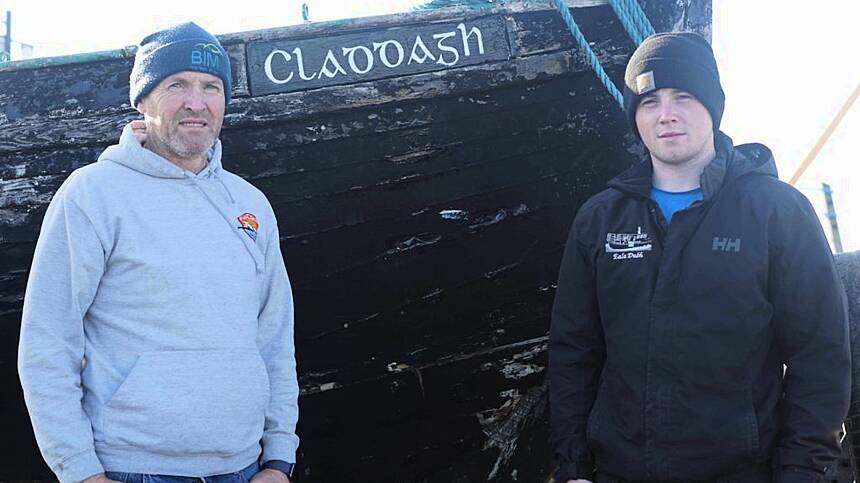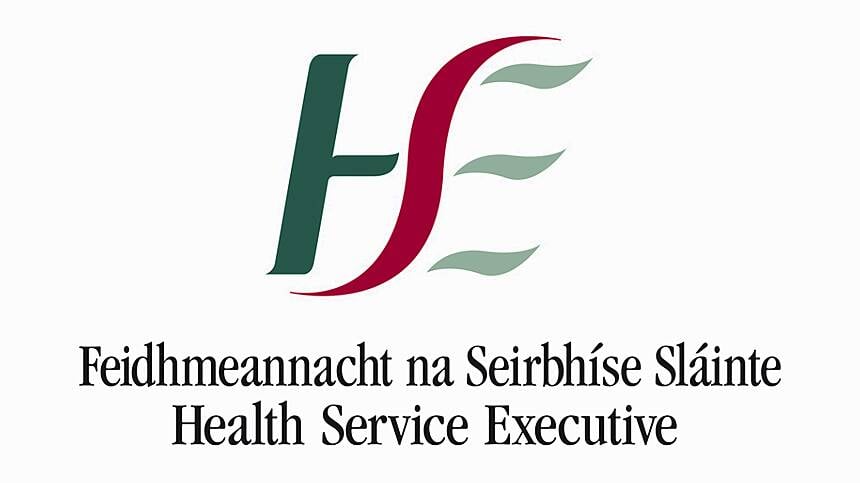Galway Bay fm newsroom - An NUIG study has found that wet wipes and sanitary towels are an underestimated source of white microplastic pollutants in Irish waters.
Researchers from Earth and Ocean Sciences and the Ryan Institute at NUI Galway have carried out the study on the contribution of widely flushed personal care textile products to the ocean plastic crisis.
Dr Liam Morrison led the study, which showed that sediments adjacent to a wastewater treatment plant are consistently strewn with white microplastic fibres that are comparable to those from commercially available consumer sanitary products.
The article has been published in the international journal Water Research and was co-authored by NUI Galway PhD student Ana Mendes and Maynooth University graduate Oisín Ó Briain.
In most studies to date, white fibres are likely underestimated, because of the commonly used filtration procedure to capture microplastic fibres as filters are commonly white, making visual identification of microscopic white fibres against a white background difficult.
An urban rural gradient involving three locations from Galway City close to Mutton Island and adjacent to a wastewater treatment plant to counties Clare and Mayo were investigated in this study.
The total number of fibres found near Mutton Island was 6083 microplastics fibres per kilogram of sediment, while the rural sites had much lower levels.
European production of non-woven textiles for hygiene and sanitary products exceeded one million tonnes in 2016.
These products frequently cause blockages in sewage systems globally, incurring significant technical and financial costs to wastewater utilities.







